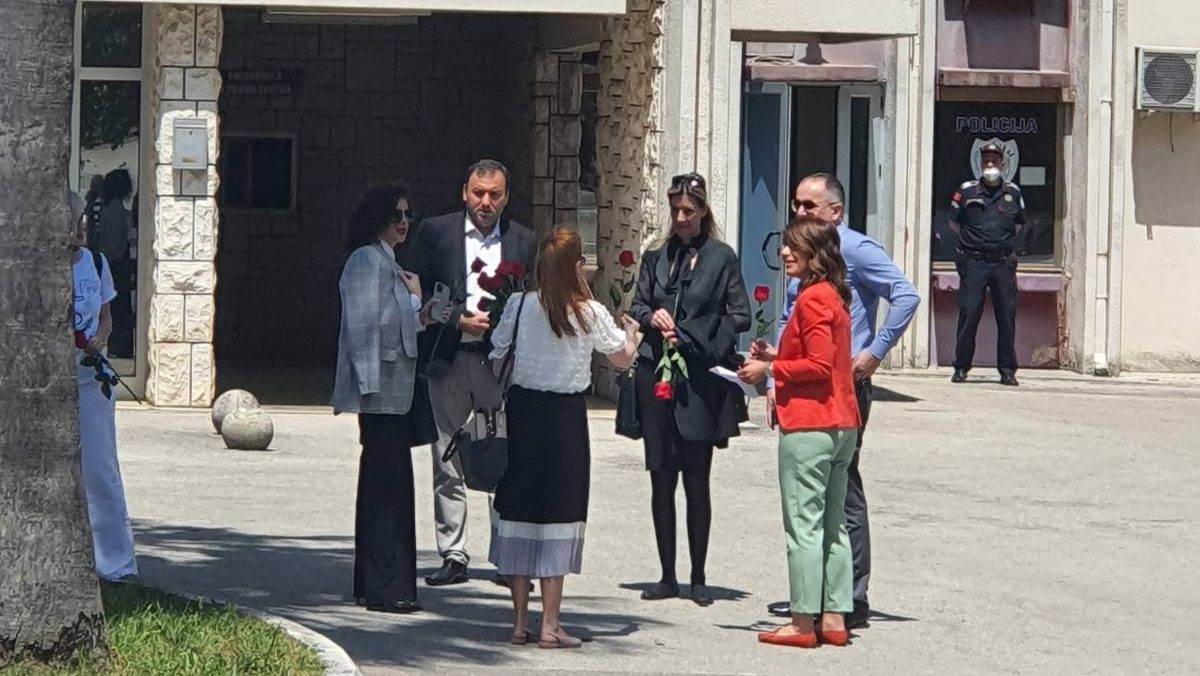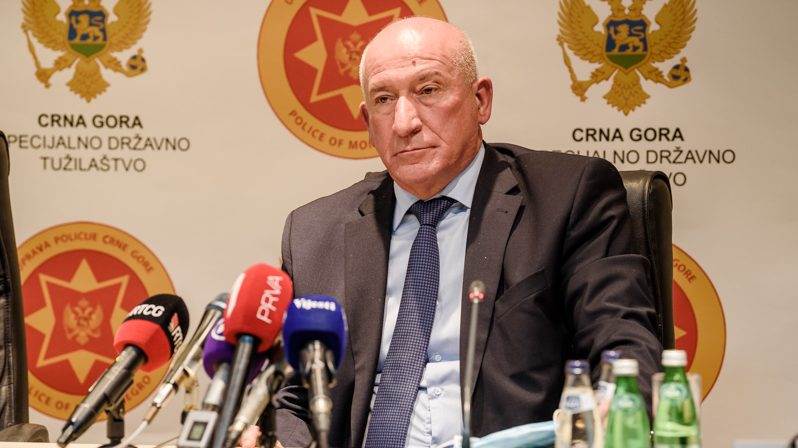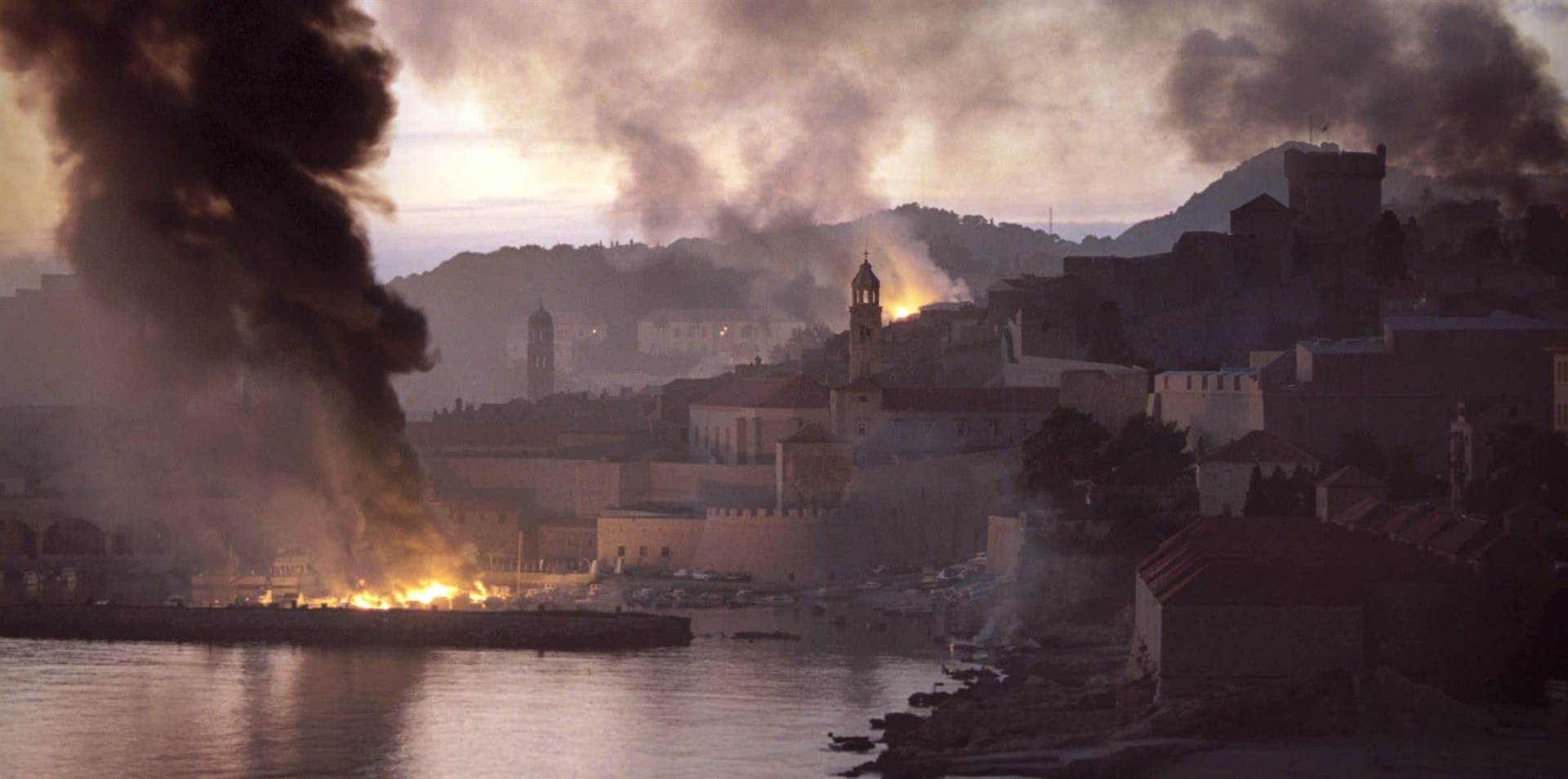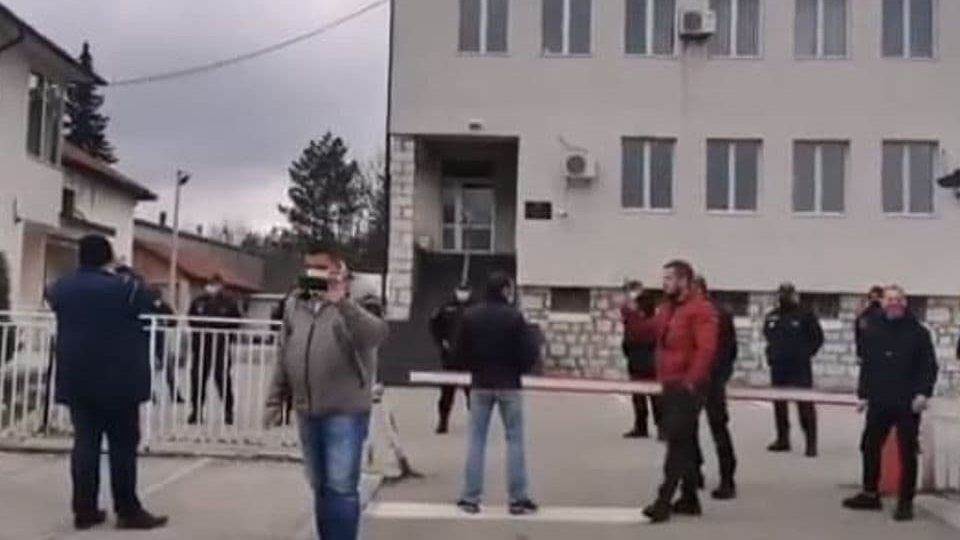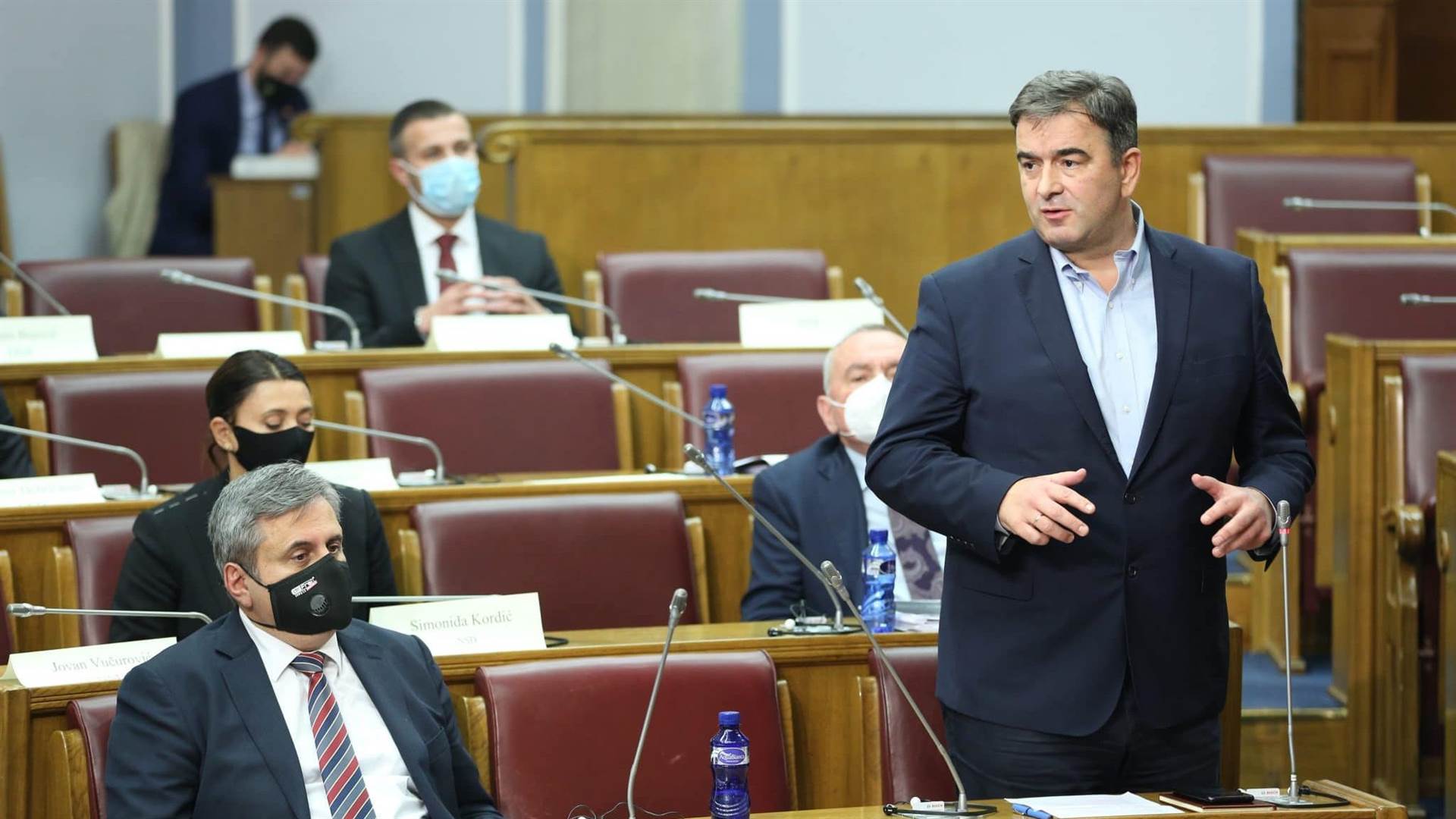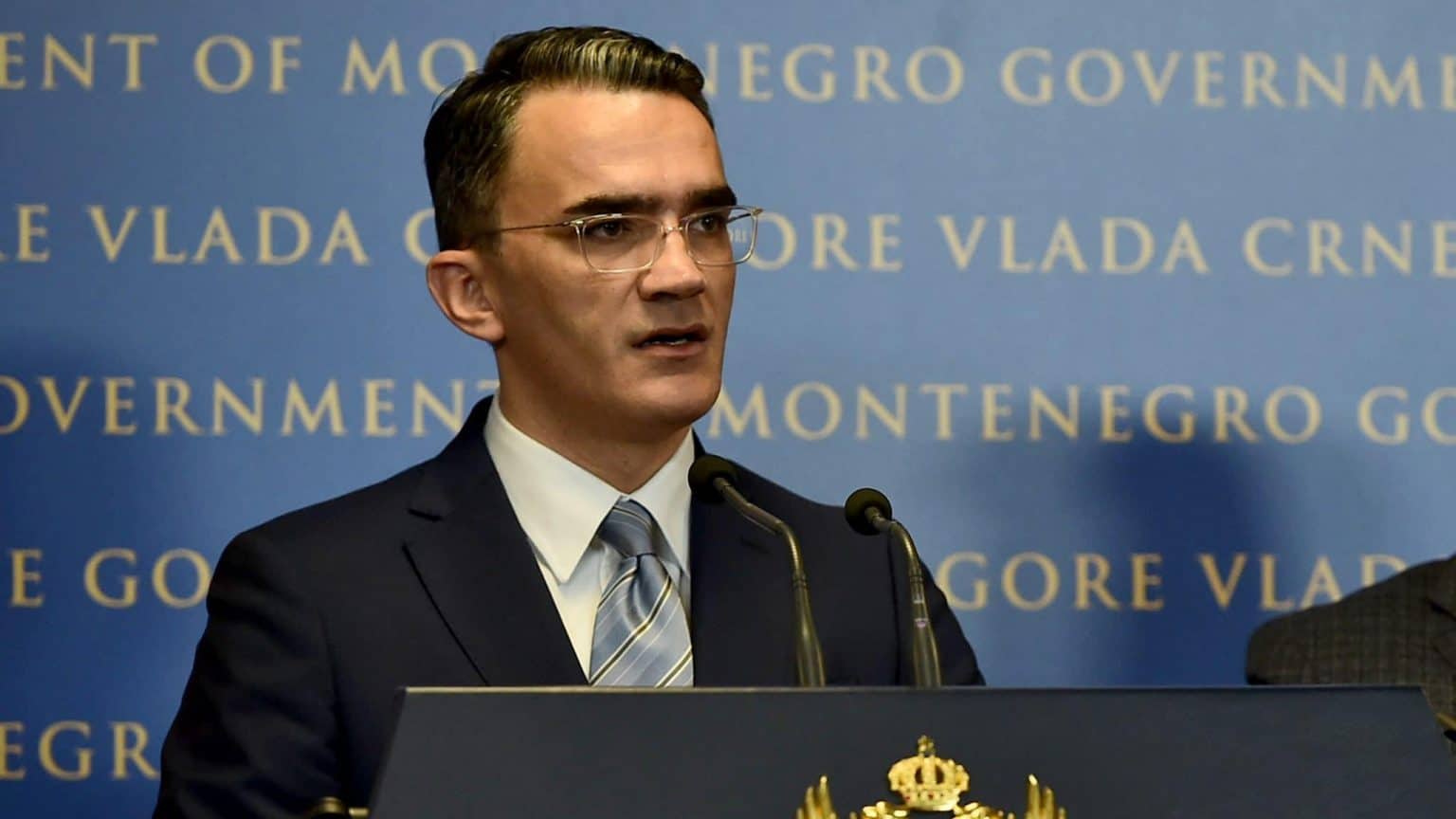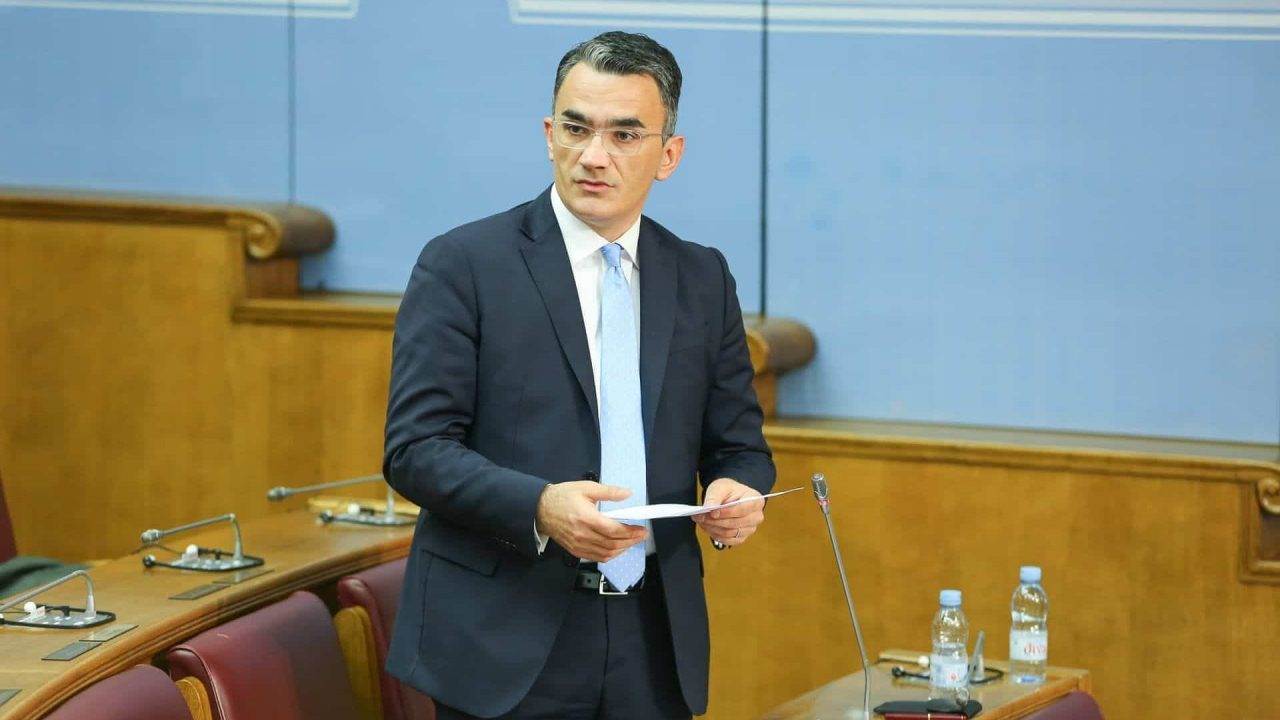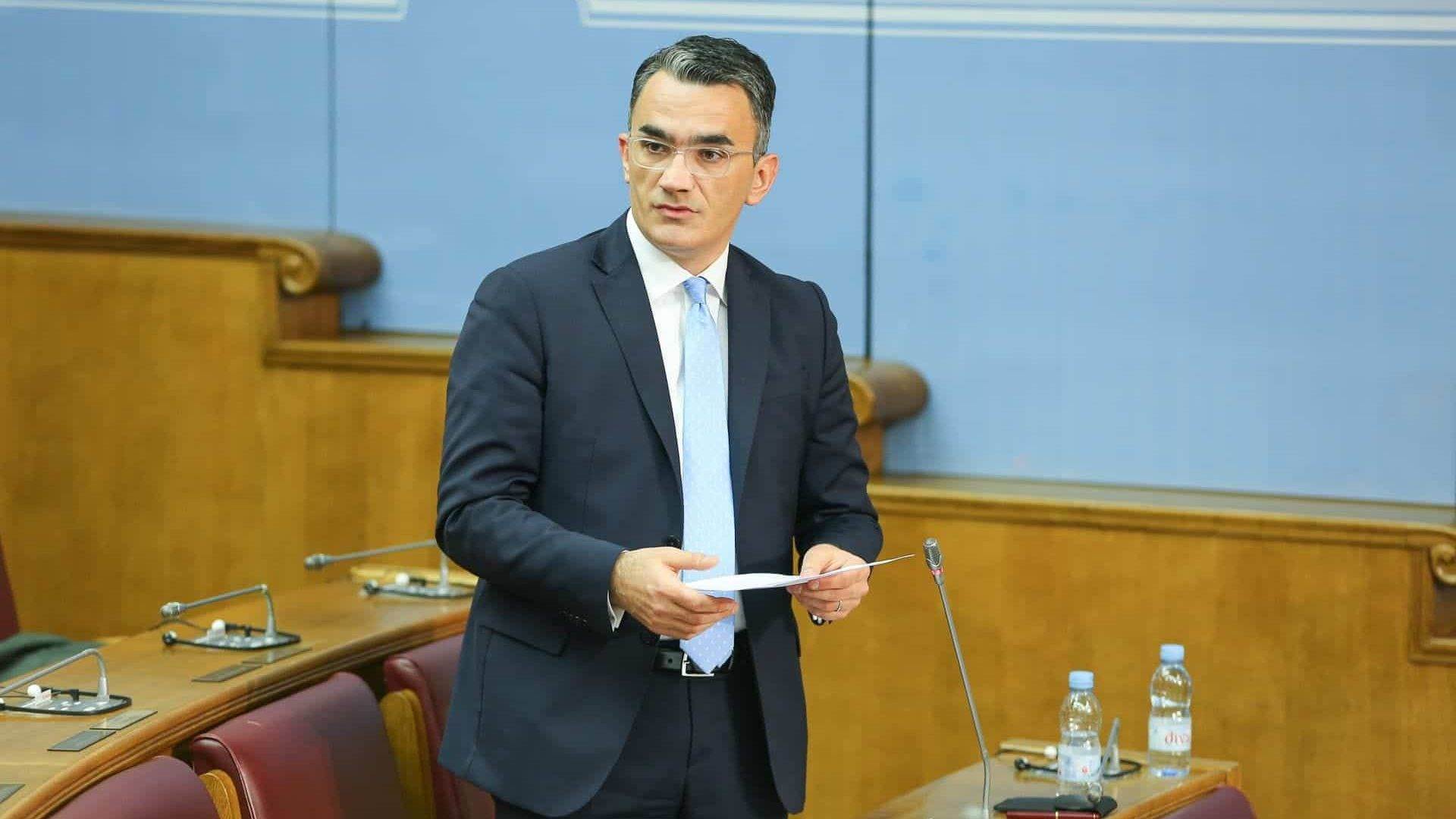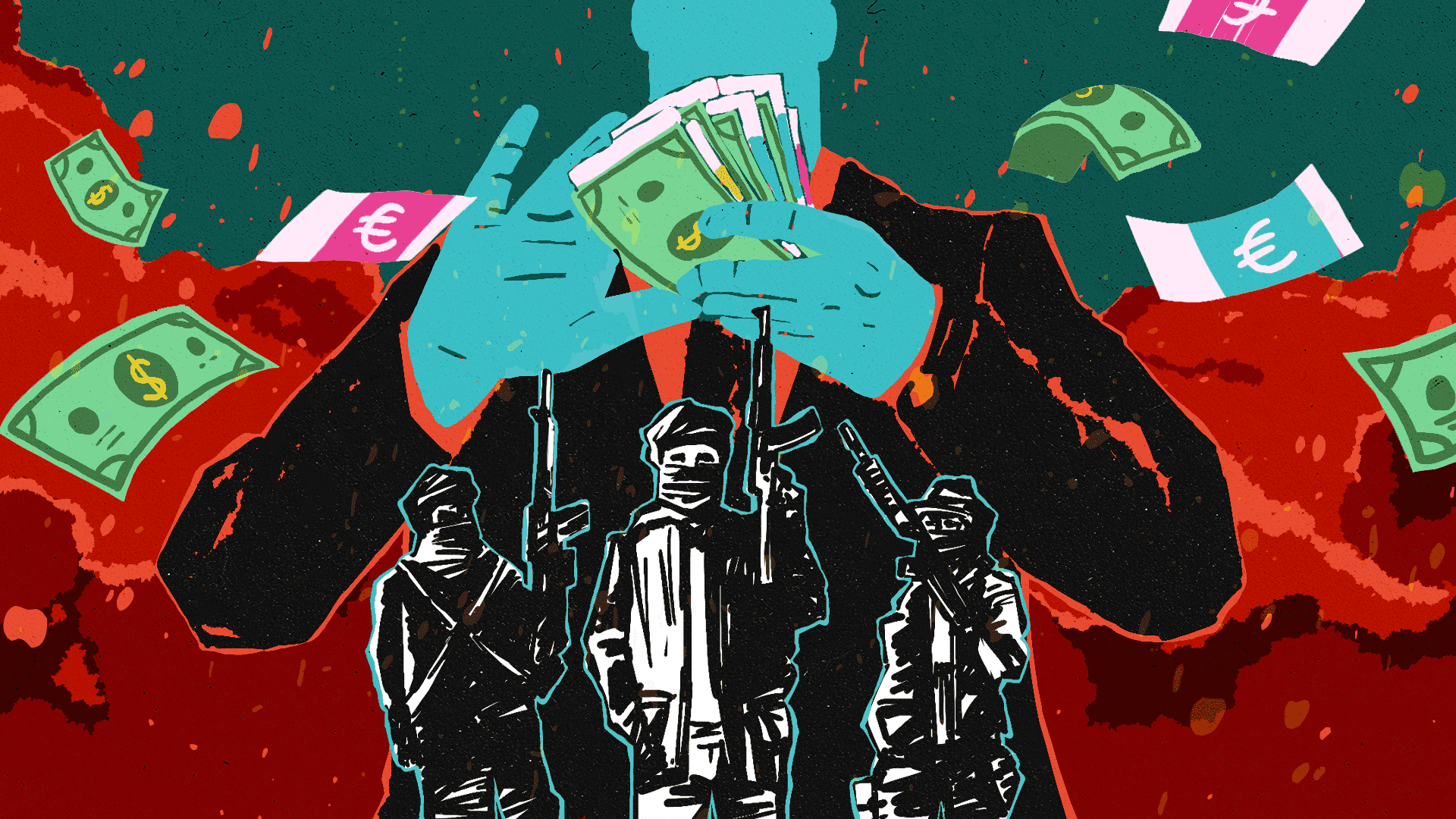Montenegrin human rights activists laid wreaths in front of the police headquarters in the coastal town of Herceg Novi to commemorate the wartime deportation of Bosniak refugees to a Serb-run...
Special State Prosecutor Milivoje Katnic promised to take action against Montenegrin citizens who were involved in war crimes after repeated criticism that the country is failing to bring perpetrators to...
A public opinion survey suggested that a majority of Montenegrins believe their country is failing to properly address the crimes of the 1990s and that the judiciary is incapable of...
Pro-Serbian political party activists staged a protest and reportedly sang nationalistic songs in the northern town of Pljevlja after the Montenegrin government appointed a Bosniak as the local police chief.
The Movement for Changes, part of Montenegro’s ruling alliance, called for a parliamentary investigation into ex-leader Milo Djukanovic’s administration’s alleged support for Bosnian Serb forces’ deadly operations in Srebrenica in...
Montenegro’s Minister of Justice, Human and Minority Rights, Vladimir Leposavic, said he did not deny the suffering of victims of the 1995 Srebrenica massacres but only criticised the UN war...
Montenegrin Prime Minister Zdravko Krivokapic asked parliament to approve the dismissal of Minister of Justice, Human and Minority Rights Vladimir Leposavic because he expressed doubt that the 1995 massacres of...
The US and British embassies in Podgorica reacted strongly after Montenegro’s Minister of Justice, Human and Minority Rights, Vladimir Leposavic, said that the 1995 genocide of Bosniaks from Srebrenica had...
Since hundreds of Balkan extremists went abroad to fight for Islamic State and other militant groups, Albania, Bosnia and Herzegovina, Montenegro, North Macedonia and Serbia have come under increased international...
